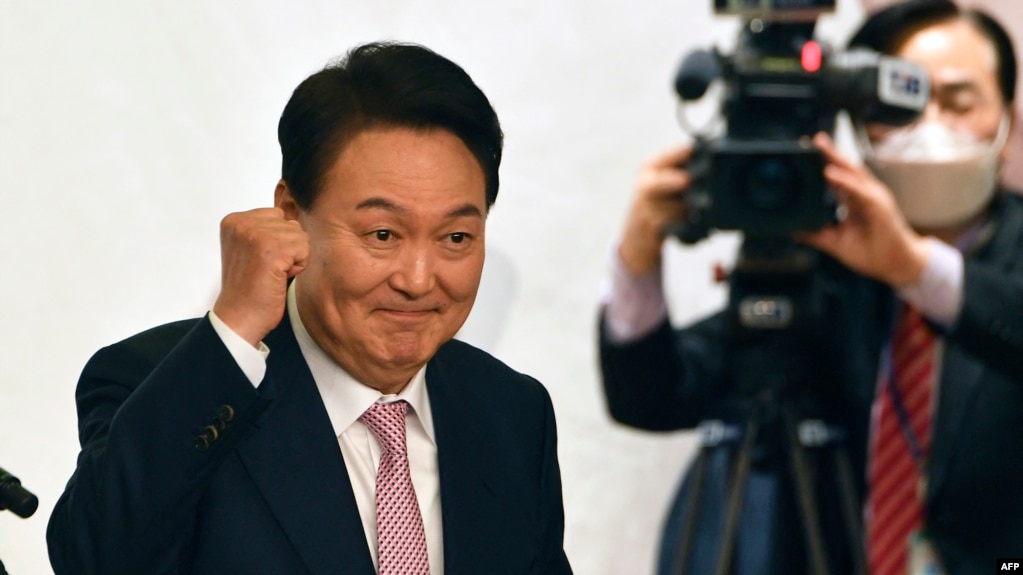South Koreans May Soon Be Considered One Year Younger

South Koreans may soon become at least one year younger in age.
Yoon Suk-yeol is set to become the country’s next president next month. He has promised to end the country’s special method of calculating age.
In the Korean system, all babies are already one year old the day they are born and get a year older every January 1. That means a child born December 31 would turn 2 years old the next day.
This traditional method of age calculation was once widely used across East Asia. But other countries long ago changed to the more internationally accepted system.
It is not fully known how the traditional method developed. One theory says the system is meant to recognize the life of a fetus. Others say the system comes from ancient, numerical systems that did not include the idea of “zero.”
South Korea in the past has attempted to move away from the traditional way of calculating age. But those efforts often led to misunderstandings.
As a result, South Korea now has three methods for calculating age. South Koreans must learn for themselves what method relates to which law or administrative process.
Since the 1960s, South Korean official documents and laws have used the international system, in which babies are born at age 0 and add a year every birthday.
However, in social settings, many South Koreans continued to calculate their age using the traditional method.
There is also the so-called, year-age method, in which babies are born at 0 and gain a year every January 1. This method is used to decide school grades and when males must perform their required military service.
According to a January public opinion study by Hankook Research, 71 percent of South Koreans support ending the traditional age system.
Those born later in the year often feel left behind, especially as children. That is because they are placed into classes at school with much older, more advanced students. This can add even more pressure to South Korea's highly competitive school environment.
Lee Yun-chul helps run an eatery in the northeastern province of Gangwon. She said her son, who is 9 years old according to the traditional system, is seen as a slow learner at school.
“But he’s not actually slow," she said. "He was just born later [in October], compared to the other kids in his ‘year-age’ group.”
For Korean males, those who are born later in the year must complete their required military service many months earlier than others. Although the difference may seem small, it can affect important education or job-related decisions.
Most recently, many South Koreans became frustrated after health officials used differing age standards for coronavirus vaccinations. As a result, many people were required to show proof of vaccination even though they were in an age group that could not yet get vaccinated.
Yoon made ending the Korean age system a major campaign promise.
Under Yoon’s proposal, international age would become the single standard for all legal and social purposes in South Korea. The effort would likely take some time to put in place.
Though similar attempts have failed in the past, experts say Yoon’s proposal may succeed. The experts note the change has support among both major political parties as well as the South Korean public.
Words in This Story
calculate - v. to find (a number, answer, etc.) by using mathematical processes
advanced - adj. far along in a course of progress or development
frustrated - adj. very angry, discouraged, or upset because of being unable to do or complete something
https://learningenglish.voanews.com/a/south-koreans-may-soon-be-considered-one-year-younger/6534123.html


